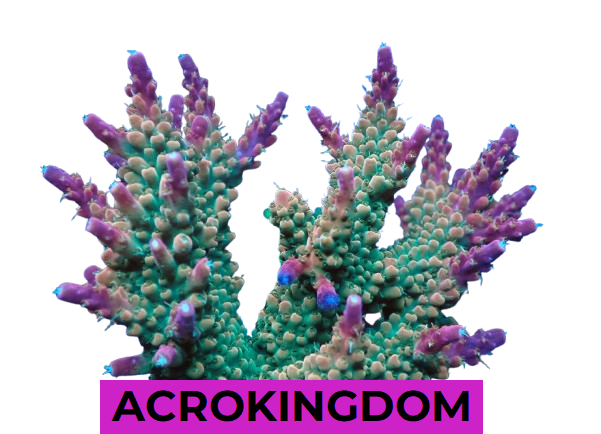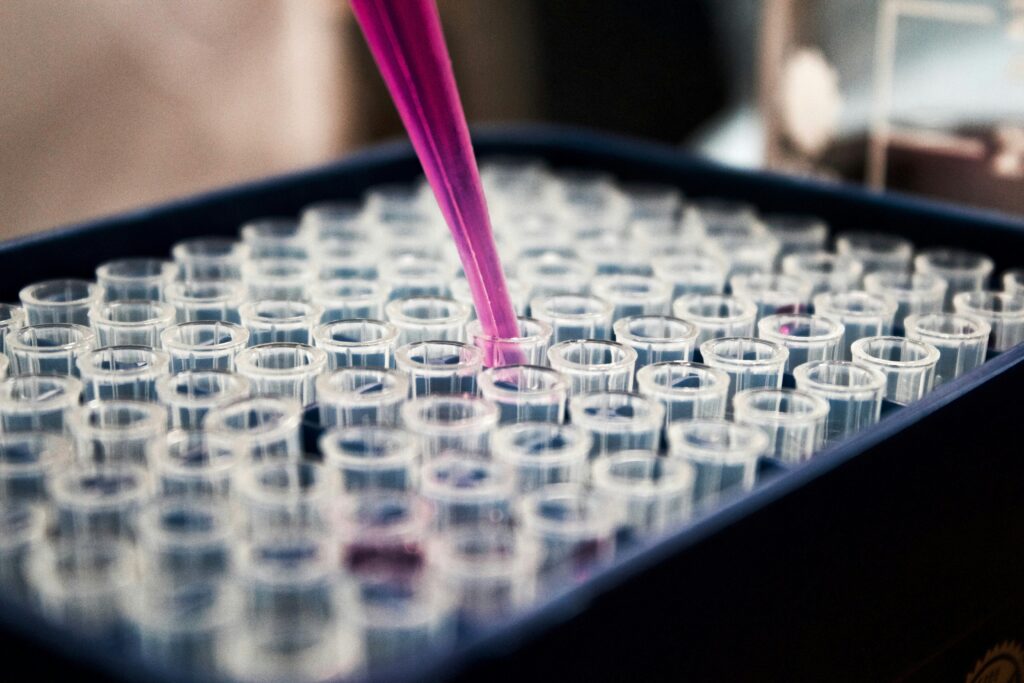Reef Insights
Why Pharmaceutical Grade Reef Aquarium Supplements Prevent Hidden Contaminant Build-Up
Introduction
Pharmaceutical grade reef aquarium supplements are essential for maintaining long-term coral health. When you dose alkalinity, calcium, magnesium, or kalkwasser, every drop adds not only the beneficial ions your corals need but also any trace impurities present in the material. Over time, especially in no-water-change systems, these impurities can accumulate and harm sensitive reef inhabitants. In this article, we will explore why the grade of your supplements matters, what impurities can sneak into lower-grade products, and how choosing pharmaceutical-grade purity reduces risks.
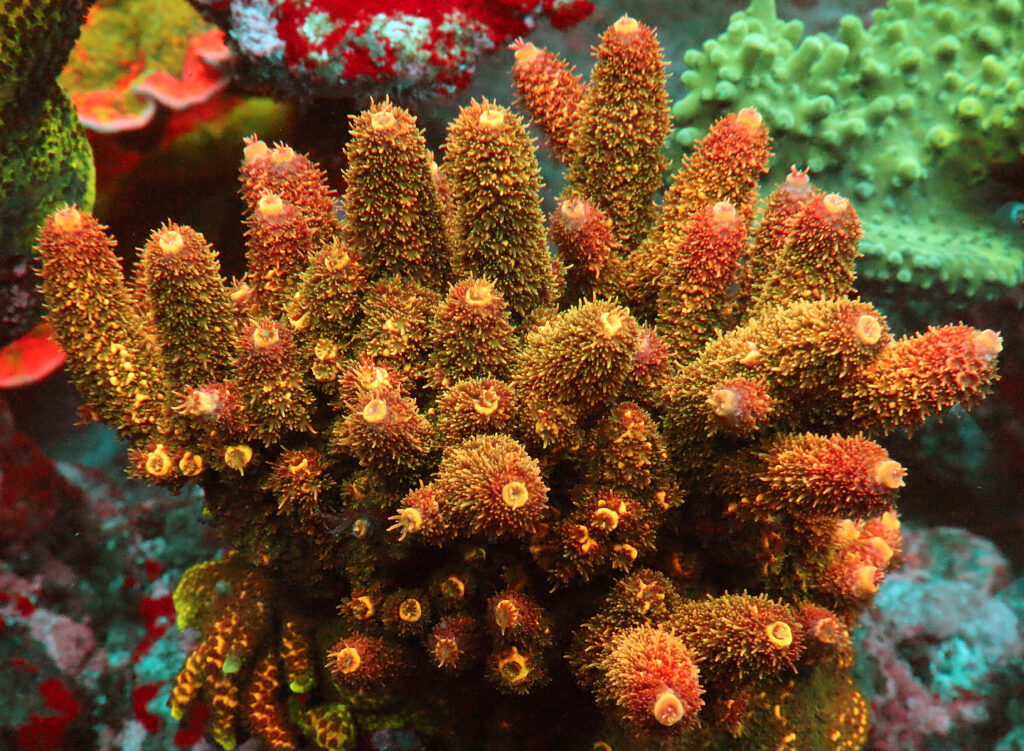
What Pharmaceutical Grade Really Means
Pharmaceutical grade reef aquarium supplements are produced under strict compendial standards such as USP, DAB or Ph- Eur. These standards guarantee high purity, consistent assay values, and extremely low limits for contaminants like lead, arsenic, and cadmium. In contrast, technical or industrial-grade chemicals often lack detailed impurity specifications, leaving reefers guessing about what ends up in their tanks.
Impurities in Kalkwasser and Other Additives
When reefers prepare kalkwasser with calcium hydroxide, the difference between grades becomes clear. Pharmaceutical-grade calcium hydroxide typically contains:
- 95.0–100.5% Ca(OH)₂ assay
- Heavy metals (as Pb) ≤20 ppm, often lower
- Halides (chloride, fluoride) ≤50 ppm
On the other hand, commodity calcium hydroxide may contain thousands of ppm of aluminium, magnesium, or silica, depending on the quarry source. Similar risks exist with calcium chloride, sodium bicarbonate, and magnesium salts when purchased in non-compendial forms.
Why Impurities Accumulate in Reef Tanks
Every time you dose, you add both the desired ions and trace impurities. In low or no-water-change systems, nothing removes these contaminants. Studies and models from reef chemistry experts have shown how elements like sulfate can rise steadily while others, such as bromide and fluoride, decline over time. This imbalance highlights how small impurities and shifts become significant in a closed system.
For example, Randy Holmes-Farley states in his article ( Aquarium Chemistry: A Homemade Two-Part Calcium And Alkalinity Additive System) that after 1 year of adding 8 ppm of calcium and the accompanying 0.4 meq/L (1.1 dKH) of alkalinity per day (41 mL of both parts per day or 4 gallons of both parts per year in a 50 gallon aquarium; including the effect of the magnesium sulfate solution, 2440 mL/year), the following residue would remain after calcification and adjustment for salinity (there is roughly a 29% rise in salinity over a year using this addition rate without water changes):
Elements present after 1 year of additions and after being adjusted for salinity changes. Calculations assume no water changes take place.

Pharmaceutical Grade Reef Aquarium Supplements Reduce Long-Term Risks
Using pharmaceutical grade reef aquarium supplements ensures you start with the cleanest possible inputs. That means:
- Lower heavy metal introduction – lead, cadmium, and arsenic are capped to ppm or sub-ppm levels.
- Predictable chemistry – USP/DAB/Ph. Eur. grades guarantee consistency from batch to batch.
- Better outcomes in no-water-change reefs – purity reduces the risk of gradual contaminant buildup.
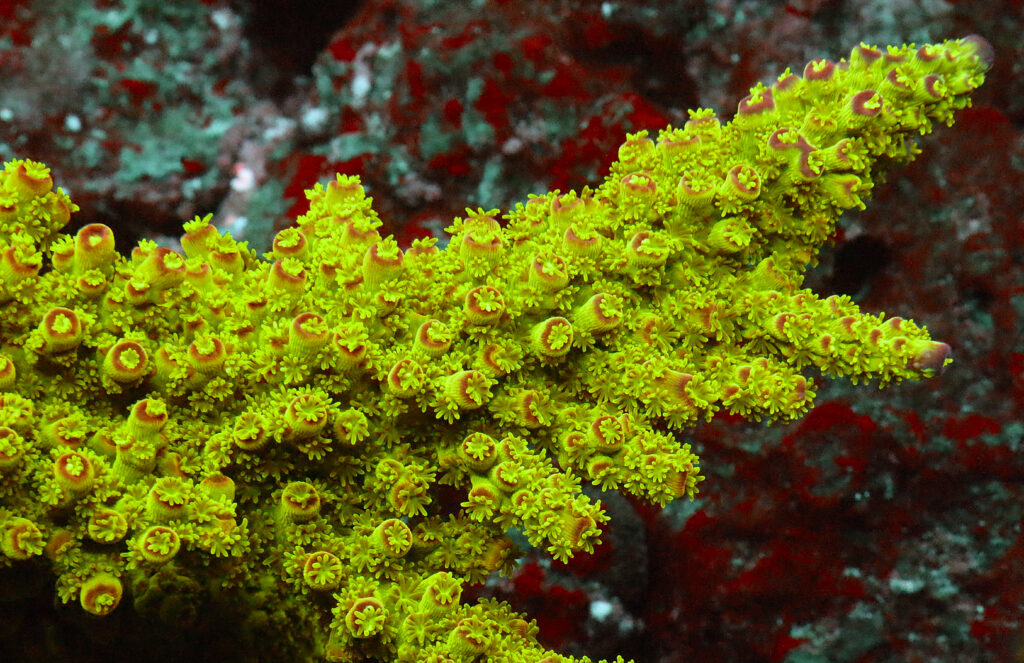
Practical Tips for Choosing the Right Supplements
Monitor with ICP-MS Testing
Even with high-purity inputs, trace elements can drift. ICP- MS analysis helps catch trends early, so you can correct imbalances before they harm your reef.
Use Strategic Rebalancing
Occasional water changes or sodium-chloride-free salt additions help rebalance ions, especially for reefers relying heavily on two-part dosing.
Data Highlights for Reefers
- Pharmaceutical-grade Ca(OH)₂: 95–100.5% purity, heavy metals ≤20 ppm.
- Technical-grade Ca(OH)₂: aluminum ~1500 ppm, magnesium ~6000 ppm, silica ~4500 ppm in published comparisons.
- Two-part dosing: sulfate accumulates, bromide and fluoride decrease without corrective action.
These figures illustrate how quality directly impacts your system’s chemistry.
Final Thoughts
Your reef’s chemistry depends on what you put in every day. Pharmaceutical grade reef aquarium supplements provide confidence that you are not slowly introducing harmful contaminants into your tank. While water changes and ICP testing remain valuable tools, starting with the cleanest materials ensures healthier corals, better stability, and fewer long-term risks.
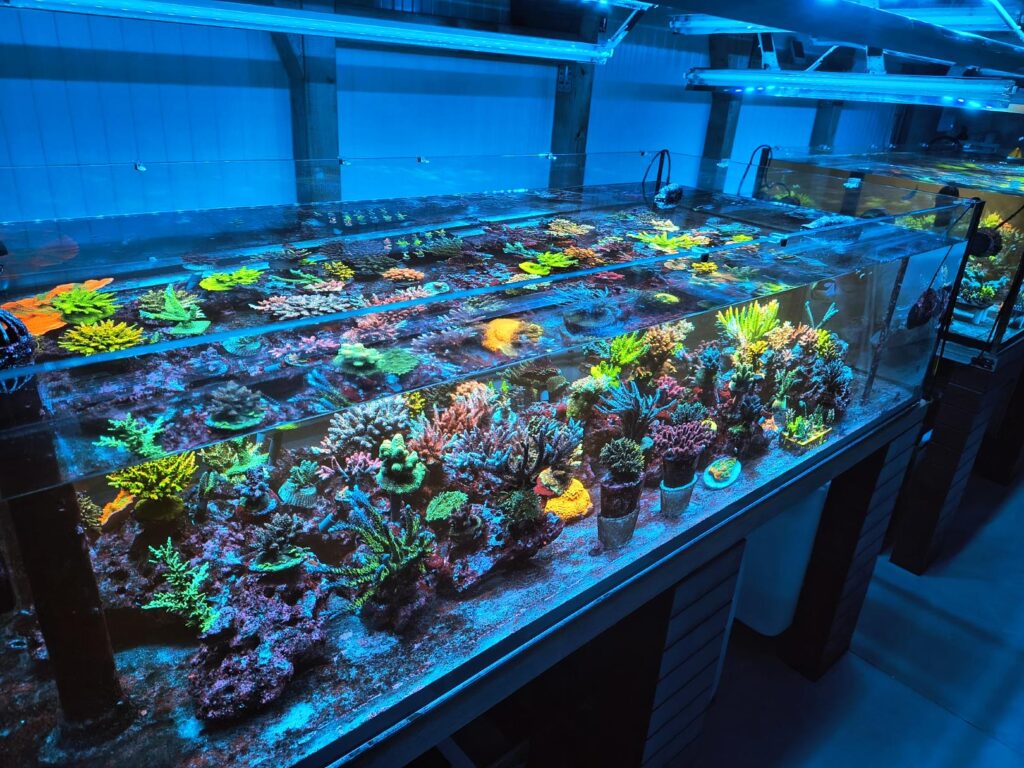
FAQ
Do I still need water changes?
Even with pharmaceutical grade reef aquarium supplements, occasional rebalancing through water changes or sodium-chloride-free salt is recommended for long-term stability.
Can small amounts of metals harm corals?
Yes. Studies show that corals incorporate trace metals into their skeletons. Over time, even ppm-level impurities can stress or weaken sensitive species.
Buy– ACROKINGDOM Catalytic Activated Carbon
Check out our product line: ACROKINGDOM Fundamental Care
Check out our ACROPORA COLLECTION- CUT TO ORDER
